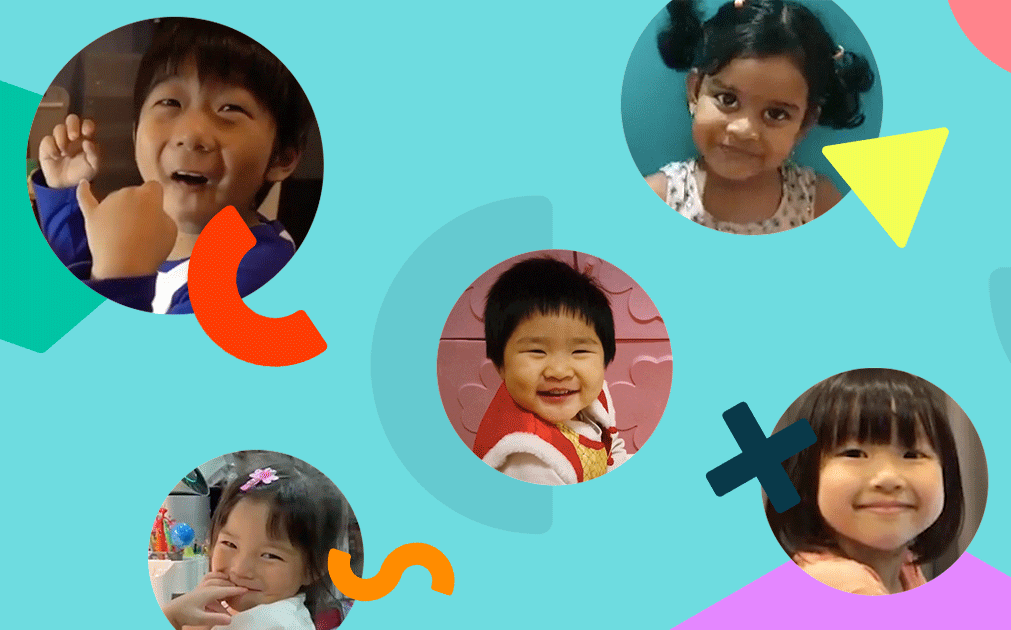Case Study: Speech Recognition in Language Learning
August 19, 2021

We recently published our white paper “Can Speech Recognition Help Children Learn to Read?” to spur further discussion on the potential applications of kid-specific speech recognition for learners.
One of the exciting use cases of speech recognition in education is voice-enabled language learning tools.
Today, millions of adults worldwide use voice-enabled language learning apps to develop their foreign language skills. The speech recognition behind these apps is helping adults hone their pronunciation skills and independently progress through to language fluency.
It’s no secret that children pick up languages earlier than adults (linguists say that the time between infancy and puberty is the “critical period” for language development). But until very recently, there have been limited apps built specifically for kids to allow them to practice learning English, for example, by themselves at home or in the classroom.
Lingumi’s Voice-Powered Language Learning Platform for Kids
In 2019, SoapBox partnered with Lingumi, an English-language learning platform for children ages 2 through 6, to deliver automated pronunciation assessments for tens of thousands of kids and families across Asia and Europe.
Learning a language relies on practice, feedback, and assessment. Prior to partnering with SoapBox, Lingumi was able to assess kids’ language comprehension but lacked a way to assess their spoken language.
Lingumi integrated our speech recognition API into their platform, giving it “ears” to accurately listen to and assess the child’s pronunciation, just like a language teacher or parent would do.
SoapBox’s kid-centric voice engine scores the child’s pronunciation in near real time and returns the data to Lingumi, who use mercury rising in a thermometer as a gamified way to share the score back with the child. Toby Mather, CEO of Lingumi, says kids love gamified assessments like these, because they feel they’re being listened to, and they like to compete with themselves and improve their score with every new word or sentence they say aloud. The voice-enabled experience doesn’t feel like a test, Toby says, and it makes learning fun!
In Lingumi’s app, our speech recognition helps kids with their pronunciation of single words and simple phrases:
It is also intelligent and accurate enough to have conversations with advanced language learners as they progress towards language fluency:
Helping kids confidently speak in new languages is just one of the ways that speech recognition is helping young learners around the world. Read our Educate white paper to learn about other exciting use cases of speech recognition in the home and classroom.




